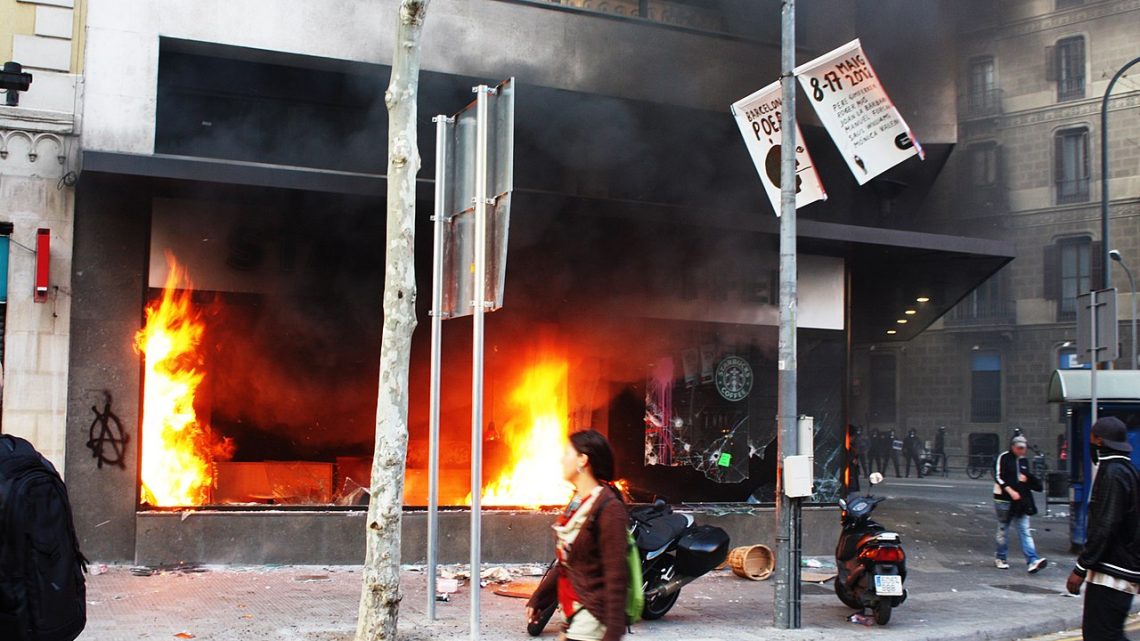- Creation Re-booted
- Rebellion Renewed
- Cain Is Dead, but His Sin Lives on
- Babylon Is Founded on Rebellion
Creation Re-booted
The story of the Tower of Babel comes immediately after the Flood narrative. God had just cleansed the earth of human violence by eliminating all human life except for Noah and his family. So everything in the Babel story must be viewed in the context of God “re-booting” creation, as it were. We quickly learned that sin has not been eliminated, first because Noah becomes drunk in the vineyard he had planted, and secondly because of Ham’s immoral behavior.
In fact, we have a repeat, or an echo, of the original Fall. Adam sinned in a garden, and the curse was pronounced upon the earth, and upon the seed — all humankind would suffer because of Adam’s sin. In the “re-booted” creation after the flood, Noah sins in a vineyard, and the curse falls upon his descendents. There are many more parallels here, but for our purposes this will suffice to illustrate what is happening.
At creation, God placed humankind in a garden. He made them caretakers of the garden and all the animals within it. This established the pattern of what he desired the entire earth to become. As children were born and new families established, they would do so in their own gardens. Although this is never stated explicitly, it was clearly the pattern of creation. It is also telling that when God exiled Cain for the murder of his brother, he told Cain that he would be a fugitive and a wanderer. But Cain, ever the rebel, built a city instead, and named after his son.
After the Flood, God gave Noah essentially the same commission he gave the First Couple, to be fruitful and multiply, and to fill the earth. “Filling the earth,” would be accomplished by establishing gardens for each family. Cities, although they rely on the products of large areas of land, do not fill the earth. Even today, with 7 billion people, if all the earth were habitable, and people were spread out evenly, we would be living and agrarian existence.
Rebellion Renewed
I mention this because the story of the Tower of Babel comes immediately after the Flood story. It was God’s design for the people to disperse across the face of the earth, but instead they founded the city and decided to build a tower. They even declared that they were doing so in order not to be dispersed (v.4). and to emphasize how important this was, the narrative concludes by stating twice — for emphasis, twice — that the Lord dispersed them over the face of all the earth.
Cain Is Dead, but His Sin Lives on
This determination to found a city rather than follow God’s plan of families in gardens demonstrates the inclination of humankind to follow the ways of Cain. Drastic as it was, the Flood was a stopgap measure, only a temporary halt to the worst excesses of the antediluvian world. The line of Cain may have perished in the Flood, but the rebellion lives on.
Wherever we encounter the spirit of rebellion in Scripture, or in our lives, we must recognize the presence and influence of Babylon. Rebellion is the root, the foundation of Babylon itself. Humankind decides to build itself a tower that will reach to the heavens, so that they can settle together in a city, and not be dispersed across the face the whole earth, in gardens. They state that as the reason they are doing so at the beginning of the narrative, and God’s judgment upon Babel results in them being dispersed across the whole earth. Yes, confusion of the languages appears to be the primary punishment, in fact, it is only the means to establish God’s purpose: that humankind be dispersed across the face of the earth.
Babylon Is Founded on Rebellion
As we go through this narrative, and again repeatedly as we go through Scripture and encounter Babylon in its many forms and manifestations, we must keep in mind that all of the characteristic abuses of Babylon find their source in rebellion against God. And eventually, at the end of this study, when we look at the manifestation of Babylon in its final form, as described in Revelation chapters 17 and 18, we will always find rebellion as the source and the root of this enemy of God and his people. Wherever rebellion is found, there is Babylon.









